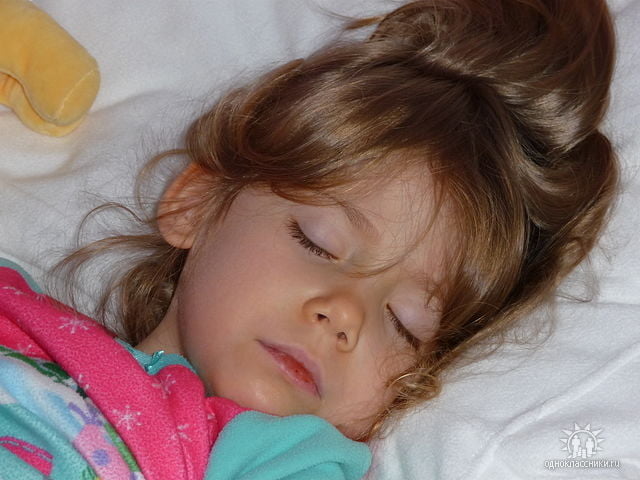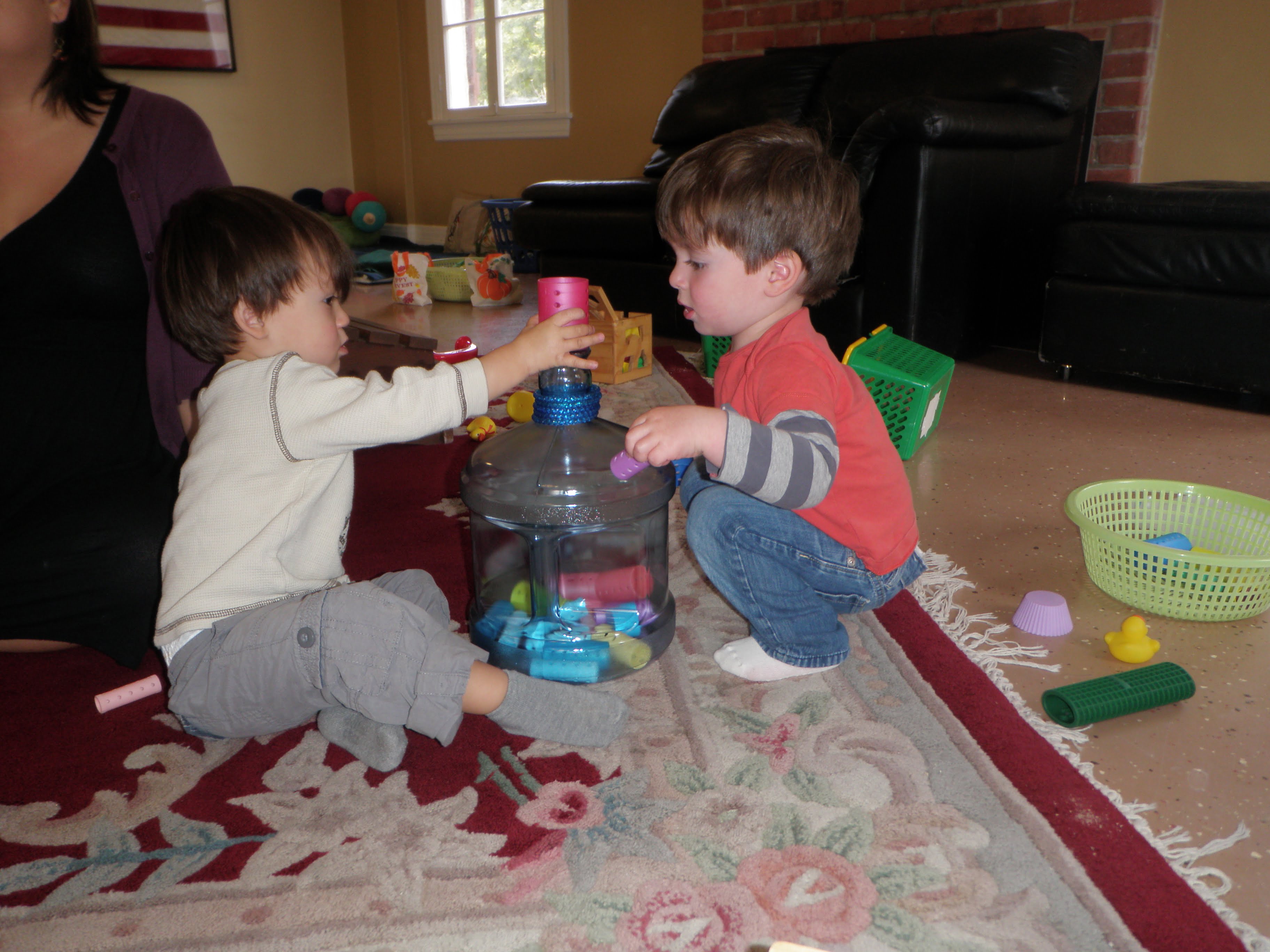Young babies want to learn all about this world. They are constantly exploring it by trying new things. Some of the things they will explore will be something we don’t want them to do because it is our hair, face, or glasses.
Children also want to know about our emotions – this is a big part of the discovery.
When we react with strong emotions, we might trigger our children to do it again. Children want to know everything about their parents’ emotions
What can we do to support our children in those tough moments?
1. Respond honestly and calmly
You don’t want to “pretend” to be in pain or “pretend” to be angry/disapproving more than you really are.
Of course, it can be hard to control the first reaction when your hair is pulled unexpectedly… there is not much you can do about it. Yet, try to manage your reaction and respond with calm and a clear limit.
2. Physically block access to your hair, skin, or glasses
3. Let the child know how you feel about it
“I don’t want you to pull on my hair.” Pause. Give a short explanation: “It hurts” or “I am concerned my glasses will break.”
You can use the phrase “I won’t let you.” This phrase shows that you are in control to keep him/her safe and to keep yourself safe. As much as children want and need independence, they also need to know that their parents know what they are doing and will keep everyone physically and emotionally safe. I like the way Janet Lansbury called it “Stay unruffled.” Another one I really like is “Respond in the moment, calmly, like a CEO.” It means we don’t take it personally and we are able to support them with respect and confidence.
4. Sometimes you will need to stop what you are doing
If your child continues trying to bite you, you will want to stop breastfeeding for a few minutes. If your child is pulling your hair, you might need to stand up. It might trigger tears. You can empathize with the emotion, and comfort your child. At the same time, you are not letting your child continue hurting you. You are setting firm and respectful limits.
5. What kind of need my child has
Behind every behavior is a need. In situations like this, you want to ask yourself what kind of need my child might have. Is he teething and needs something to bite? – Maybe I can provide teether-chew toys. Does he want to explore my lips because they vibrate when I talk? How can I let him explore my lips in a gentle way? Maybe bring his hands gently to my lips, kiss them, and show what he can do instead of grabbing my lips.
With your gentle guidance and calm presence, children will learn to be aware of their needs and feelings in the present moment.
Let me know if you need more information about RIE® Parent-Infant Guidance™ Classes.
Wishing you all the best in this difficult yet exciting journey of parenting!
Warmly,
Teacher Kira














